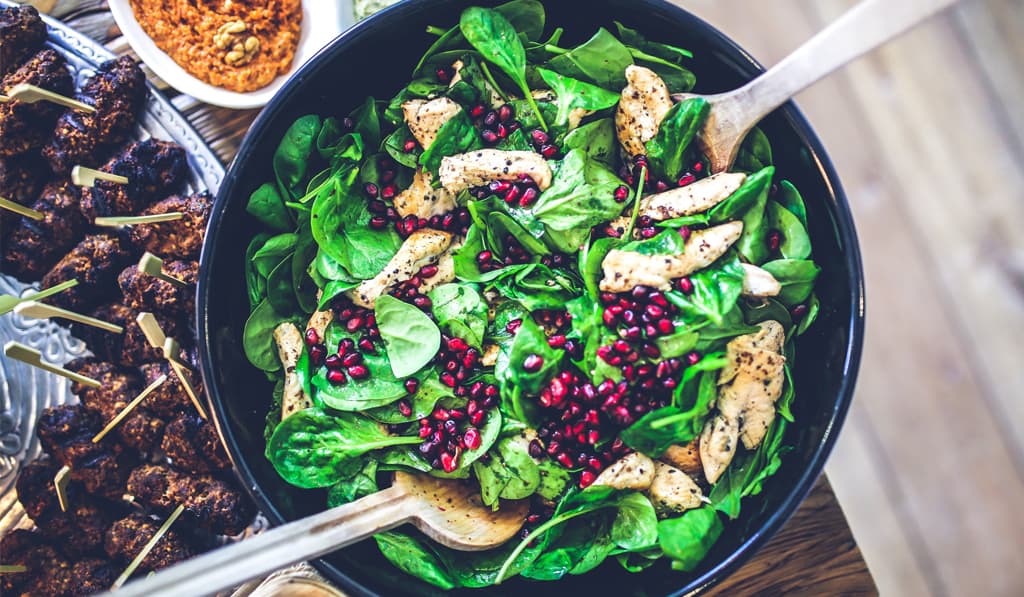
Congratulations! You’re officially expecting. Soon after learning this joyful news, you might start to feel queasy. Not because of the news itself, but because your body is giving you signals of the changes within. If you’re among the rare and fortunate few, you might not experience any discomfort. But if you’re part of the 90% of pregnant women, you’re likely to encounter bouts of sickness between 4 and 6 weeks into your pregnancy.
I was in the same boat – I had a tough time from weeks 5 to 8. The nausea, headaches, and body aches were quite overwhelming. Sleep was elusive, and eating became a challenge. This phase also came with another intriguing pregnancy symptom: a heightened sense of smell, which only intensified the ordeal. Initially, I tried everything – even indulging in junk food like McDonald’s, which I hadn’t touched in years. It worked once. I experimented with chips and carbs, but the results were short-lived.
Meet morning sickness – a companion for 90% of pregnant women
Every morning, at 4 AM, I’d wake up and endure a few hours of discomfort before heading to work. After some research, I stumbled upon ginger. I bought ginger mints, sweets, and the root itself, but they didn’t bring relief. Then, I found solace in pineapple, until I learned it wasn’t entirely safe during early pregnancy, so I quit. Eventually, with bananas and fruit yoghurt, I developed a routine.
Each morning, at 4 AM, I’d start with a small yoghurt. After a few minutes, I’d muster through a banana. By 7 AM, I’d feel better and ready for work. It still took me three hours to function properly, but during that time, I managed a 30-minute nap that helped immensely.
I realised that even when eating seemed impossible in those nauseating moments, I had to push myself like never before. Trying different foods to see what I could tolerate became crucial. I refused to simply succumb to suffering. I fought against the nausea. I didn’t overeat, but I made sure to eat something, as being hungry only worsened the discomfort.
Watch out for hyperemesis gravidarum
There’s a small possibility of experiencing a severe type of pregnancy sickness called hyperemesis gravidarum. This can be quite serious, and there’s a chance that you might not be able to intake enough fluids (leading to dehydration) or get sufficient nutrients from your diet (resulting in malnourishment). In some cases, specialised treatment might be required, which could involve hospital care.
Things you can attempt on your own
- Prioritise getting ample rest (as tiredness can worsen nausea).
- Steer clear of foods or odours that trigger your nausea.
- Before getting out of bed, have something light like dry toast or a plain biscuit.
- Opt for frequent, small meals consisting of plain, carbohydrate-rich foods and low-fat options (such as bread, rice, crackers, and pasta).
- If the aroma of hot dishes triggers nausea, opt for colder foods instead. Stay well-hydrated by drinking fluids like water (sipping them in small amounts at regular intervals might help prevent vomiting).
- Incorporate ginger-containing foods or drinks into your diet – some evidence suggests that ginger might aid in reducing nausea and vomiting (consult your pharmacist before taking ginger supplements during pregnancy).
- Explore acupressure – there’s some evidence indicating that applying pressure to your wrist, using a specialised band or bracelet on your forearm, might help alleviate the symptoms.
Discover what you can stomach and eat it
To sum it up, find what you can stomach and make sure to eat it. Don’t let your stomach remain empty, as that would only aggravate the nausea. Ward off the queasiness by nourishing yourself with foods that aren’t overly heavy or loaded with processed sugars. Experiment with fruits, yoghurt, and ginger. Bananas are a saving grace! Also, remember to stay hydrated, preferably with water.
You will overcome this – just as we all do. Remind yourself that it’s all worth it, and your little one will thrive happily and healthily if you provide them with vital nutrients, especially in the first trimester.
Share with us what helped you combat your all-day sickness: More ideas are always welcome! We’re rooting for you.
Visit our Pregnancy Page | Visit our main Labour & Birth page



